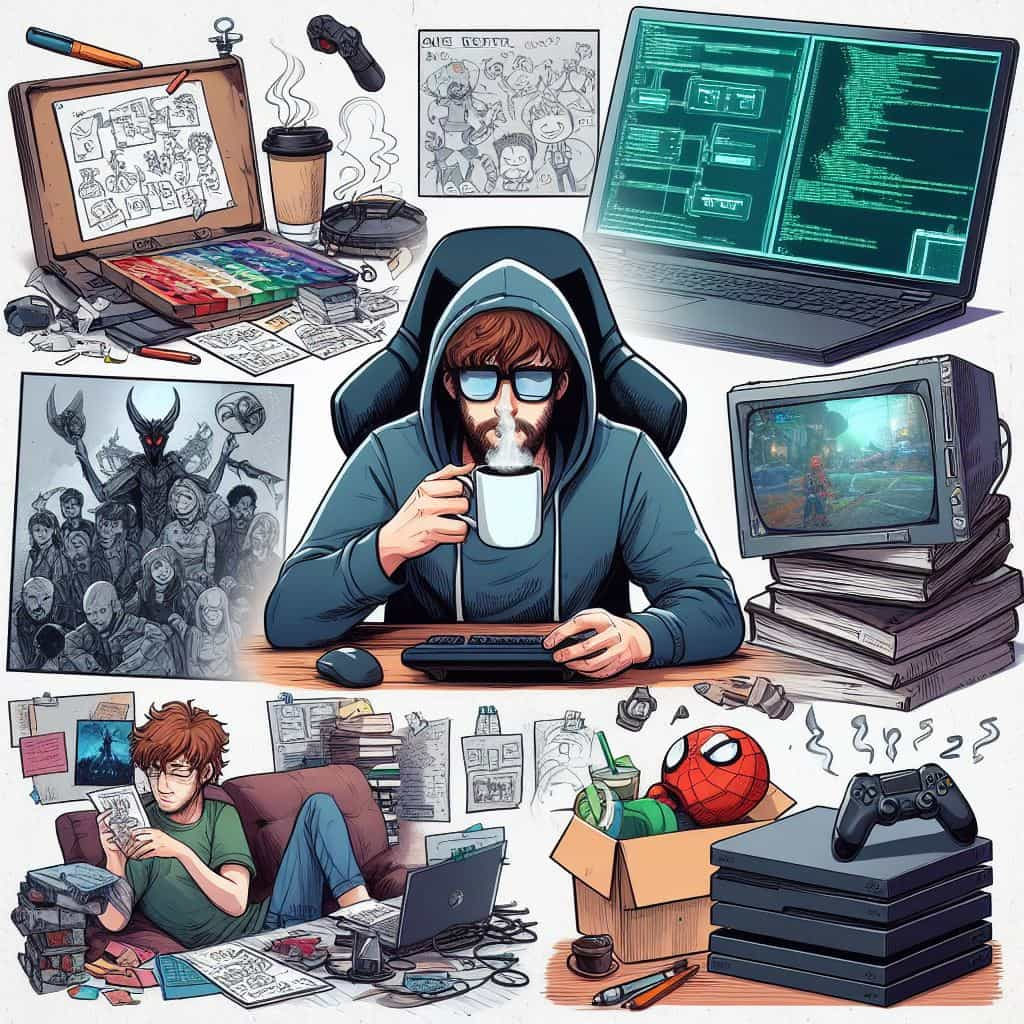Starting small is key when venturing into game development, especially if you’re new to the field. Here’s a breakdown of steps you can take to ease into the process and build your skills gradually:
1. Start Small and Find Joy in the Process:
- Begin with small projects to learn the basics and discover your passion for game development. Embrace the joy of creating something from scratch, even if it’s a simple game.
2. Choose the Right Tools:
- Select a library or framework suitable for beginners. For C++, options like SDL2 or Raylib are excellent starting points. Consider using Raylib for its ease of use and beginner-friendly approach.
3. Step-by-Step Development:
- Break down your project into manageable steps and tackle them one by one. Start by creating a window and implementing basic functionality, such as moving a ball and changing its color.
4. Incremental Complexity:
- Gradually add complexity to your game by introducing new features and mechanics. For example, implement keyboard inputs to control the ball’s movement, add a second ball, and incorporate collision detection.
5. Experiment and Learn:
- Use your project as a learning opportunity to experiment with different ideas and techniques. Try adding features like scorekeeping, enemy behavior, and player interactions to expand your skills.
6. Networking and Collaboration:
- Connect with other developers at your skill level through online communities and forums. Networking with peers can provide support, feedback, and valuable insights as you progress in your journey.
7. Explore Game Jams:
- Participate in themed game jams on platforms like itch.io to challenge yourself and unleash your creativity. Game jams encourage thinking outside the box and allow you to quickly iterate on ideas.
8. Consider Game Engines:
- Experiment with game engines like Unity or Godot once you’re comfortable with the basics. These engines offer user-friendly interfaces and extensive resources for learning and development.
9. Persistence and Learning:
- Game development can be challenging, but perseverance is key. Keep learning, experimenting, and refining your skills, even when faced with difficulties. Completing small projects builds resilience and prepares you for larger endeavors.
By following these steps and embracing a gradual approach to game development, you can build a solid foundation of skills and knowledge while enjoying the creative process along the way. Remember to stay curious, persistent, and open to learning from both successes and setbacks.
















